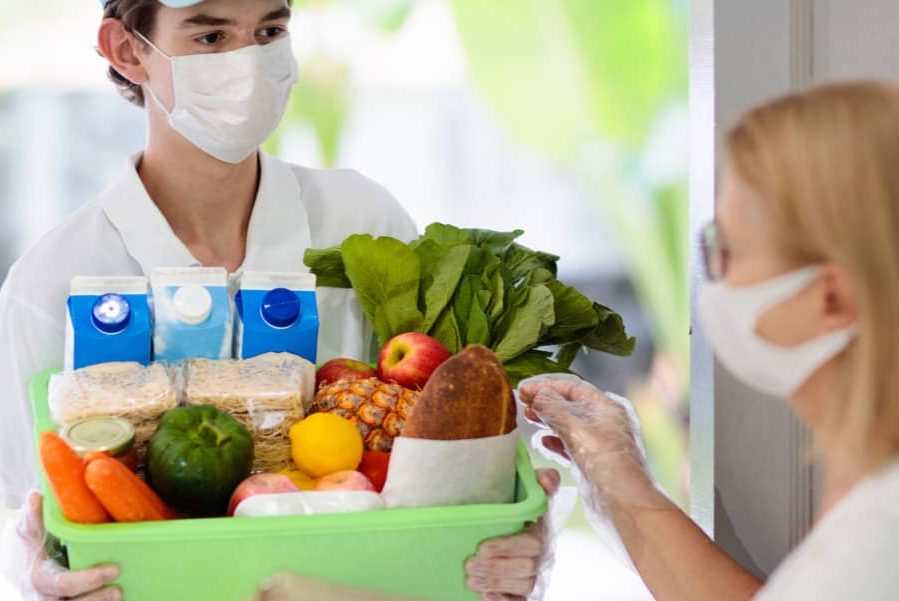- Index hide
After the Covid-19 pandemic, various Mexicans reflected on their healthy habits and acquired new ones.
48 percent of young people between the ages of 18 and 25 reported having surrounded themselves with an environment of stress, depression, and exhaustion during the pandemic.
On the other hand, about 57 percent of young adults between the ages of 26 and 40 have suffered from a chronic disease such as obesity, diabetes or asthma.
In our country, Many Mexicans had to drastically change their healthy habits due to the Covid-19 pandemic. For this reason, the way we relate to each other and the way we understand social distancing is now different.
Likewise, our eating and fitness habits have changed quite markedly.
The crisis who has registered in Mexico more of 5.76 million cases of contagion and has earned more than 325 thousand deaths It has been quite difficult to assimilate. The post-pandemic reflection on the habits achieved is present today, now that the entire country is at a green traffic light.
These are the healthy habits acquired by Mexicans after the pandemic
Due to the ravages of the Covid-19 pandemic, several analysts and specialists have decided to show what are the habits that many Mexicans have adopted after the confinement.
In fact, one of the most frequent problems was that of food, because according to specialized media, a large part of the population experienced considerable disorder. Likewise, obese, hypertensive or diabetic patients declared having experienced a loss in their quality of life.
For this reason, some Mexicans adopted their own ways of coping with these problems based on new habits that sought to mitigate or change the damage obtained during the confinement.
It is through a study conducted by Allianz Partners we know that up to 46 percent of two generation groups (18-25 and 26-40) adopted new healthy habits.
This study revealed, through a sample of more than 2,300 Mexican participantsthat during the pandemic the 48 percent of young people between 18 and 25 years old They reported suffering from problems such as stress, depression and exhaustion. On the other hand, the 57 percent of adults between the ages of 26 and 40 reported suffering from a chronic disease such as obesity, diabetes or asthma.
Also, an interesting fact was to discover that, while the 45 percent of young people between 18 and 25 years old stressed to take seriously their Mental Wellness and the 48 percent of adults between the ages of 26 and 40 they said consider their Physical Health.
The World Health Organization, for its part, does highlight that there are multiple approaches from which a person can be considered healthy, not only through physical condition: “Health is a state of complete physical, mental and social well-being and not merely the absence of disease or infirmity”says the WHO.
Roberto González Galindo, CEO of Allianz Partners Mexicostates the following on this subject:
“After the pandemic, the concept of health has evolved; even integrating new digital tools such as the resource that telemedicine offers today for the preventive treatment of diseases and the offer of reliable remote diagnoses.”
For this reason, the value of both physical and mental health has echoed in many Mexicans who have reconsidered resorting to specialists in order to lead a better quality of life.
Likewise, as consumers they have also acquired a new hobby that, although it was already present, with the pandemic it increased.
depending on the medium Forbesthe e-commerce has increased exponentially since the beginning of the pandemicand although we now see it in hindsight, users adopted this model of electronic commerce in such a way that only during the first year it increased its development value by 300 percent.
Now read:
Bimbo makes a “nasty” mistake in Mante Chox and a consumer shows it off
Consumer behavior to avoid being a victim of cybercrime
They capture “Lomito” a consumer of Bimbo and this is how Internet users react
Walmart fails consumer with alcohol for his wedding; “they do not fulfill promotions”


